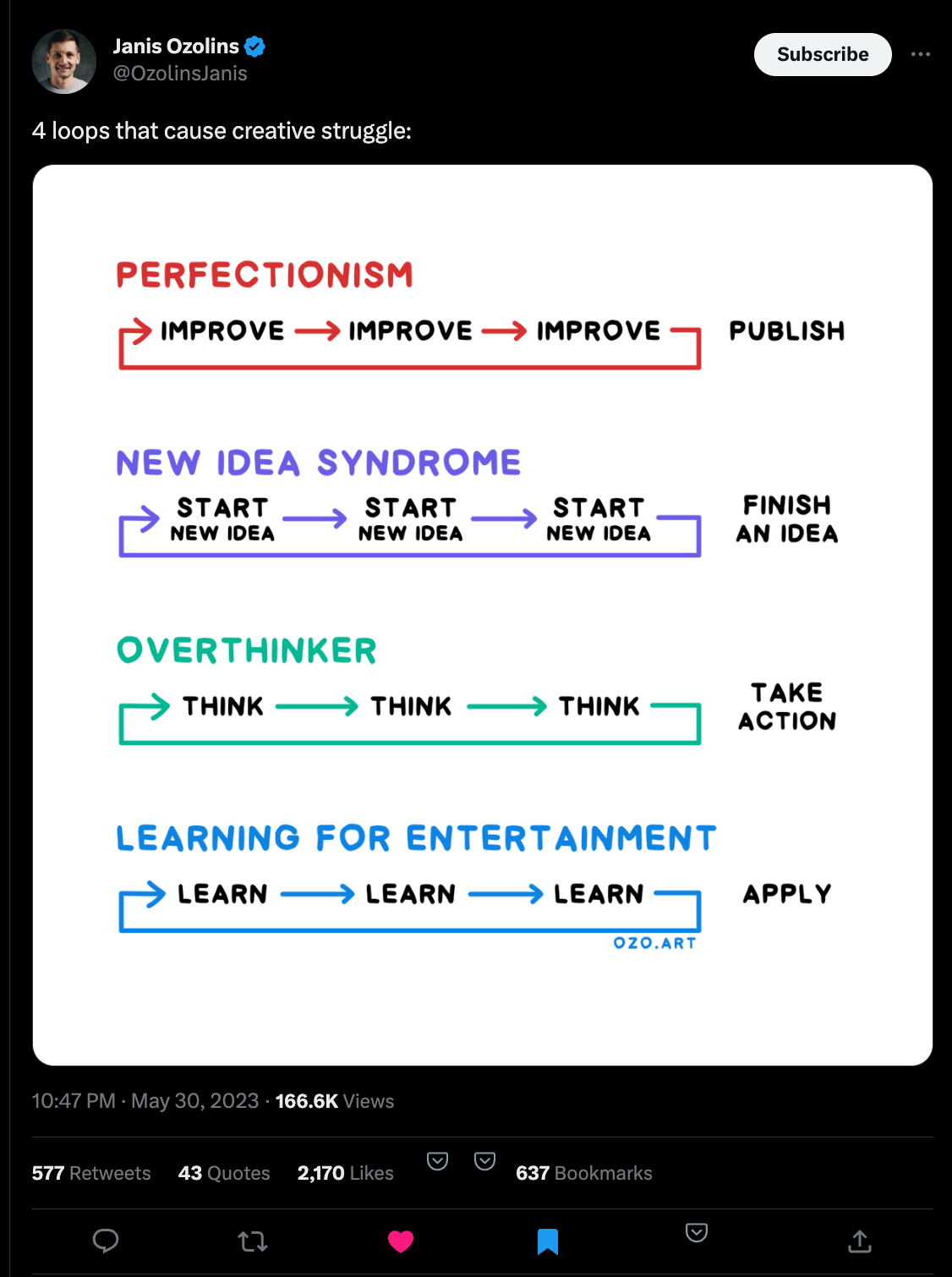Happy Saturday! Today’s newsletter count: 943 words and ~5 min.
I post a newsletter to all subscribers every 1st and 3rd Saturday of the month.
Unsubscribe below if this newsletter no longer works for you. I turn off unsubscribe alerts. So, I won’t even know you did. 😊
Two weeks ago, I sent my father to the hospital for a medical emergency.
Don’t worry, everybody’s fine at the end of this story. He was discharged by the next day. Just finish reading my story.
After he stabilized upon reaching the emergency department, the doctors wanted to ward him for an extra day for more checks and observation.
But, they needed to wait for bed space to free up. So, the medical team put my father in this in-between place called the Short Stay Unit (SSU) until bed space opened up. This was when I left him and told him I would be back later that Sunday evening.
In the middle of the day, my father called my mother to complain about leg cramps in in the SSU. He was too weak to stand. Instead of telling the doctors, he called my mother. 🤦♂️
When I visited him in the evening, he was in the wards. He repeated the same leg cramps in SSU story to me. But, now in the wards, he can walk properly. Which was certainly puzzling.
His conclusion? SSU is haunted. 👻
1 Big Thing: The First Obstacle to Dirty Work is Mental Masturbations

When I heard that from my father, my facial and body language was that of the dutiful Asian son. I uttered the word, “Ok” to signal I acknowledged his excellently thought-out hypothesis.
Internally, I was more like, “F%^7 this bull funky”.
In any case, I approached the staff nurse on duty, explained the ailments, and wondered why my father had leg cramps in the SSU earlier in the day but not right now in the ward.
The staff nurse checked her laptop and replied, “Ok, the initial diagnosis is that your father may have fluid in the lungs. So, the doctors gave him some meds via his IV drip to drain the fluids. Some people, but not all, may have side effects from that med which include leg cramps.”
Mystery solved. 👻
Why I’m Telling This Story
A while back, I wrote a 101 piece on Dirty Work.
In that piece, I gave a 4-part definition for Dirty Work which I am quoting:
From the study of all that material, I believe Dirty Work has four characteristics:
is painful, and to the extent you have little competition for it,
is necessary for growth such as to unlock certain career or business opportunities,
produces results that look magical to other people,
and is the opposite of a Technically Difficult solution i.e. it has almost no pre-requisites other than a willingness to get hands dirty.
But, like most things, what is correct at the theoretical sense, may not be enough for the practical aspects. None of the criteria talked about avoiding seductive narratives that pull us away from Dirty Work.
Easy and seductive narratives like the one my father told himself instead of seeking answers from the medical staff at the hospital.
Similarly, it would have been easy for me to dismiss my father’s concerns as mere superstitions and not do the extra leg work of asking the staff nurse.
Then, we have the classic case of two people talking past each other, sticking to their favorite narratives, and avoid disconfirming evidence just to feel right.
Recall the number 1 criteria I quoted about Dirty Work from above. Dirty Work is painful.
In fact, I would say Dirty Work is so painful, just thinking about it is just as painful.
All that pain aversion makes it so easy to avoid doing work and it shows up in us selecting our own favorite forms of mental masturbations.
Engineers’ Favorite Mental Masturbation is the Perfect Efficient System
From Urban Dictionary, the definition of Mental Masturbation is
The act of engaging in useless yet intellectually stimulating conversation, usually as an excuse to avoid taking constructive action in your life.
I would go further than Urban Dictionary. I would classify all kinds of psychologically comforting things which include attractive but wrong narratives that prevent us from taking on Dirty Work.
My definition of Mental Masturbation with respect to Dirty Work is
The act of engaging in useless yet intellectually stimulating conversation, self-talk, and other activities, usually as an excuse to avoid taking constructive action such as Dirty Work in your life.
An engineer’s typical form of Mental Masturbation to avoid Dirty Work usually takes the following form:
Ok, doing Dirty Work to solve pressing problem X is only 80% effective but definitely not efficient. It’s not perfect. Instead of doing Dirty Work, we should design and build this perfect system that’s ridiculously convoluted and would be so cool.
Now, you would think this post would have been better if I gave an example of the time I actually, erm, performed my own mental masturbation. That would have been more fitting for this post.
And you would be right.
But, that would have been too painful for me. So, you would have to make do with a story where I embarrass my own father instead of myself. :)
One Tweet To Share
Speaking of mental masturbations






Here are a couple of rules of thumb I follow you may find helpful.
1. Does the person complaining complain a lot, or do a few things bother him? My wife and boys have high pain thresholds, so when they complain, I pay attention. My father could complain about a few common problems, but it was time to pay attention when he complained about a new pain.
2. Unfamiliar pain can be hard to understand. If your father does not often have leg cramps, it's worth paying attention, even though he may ascribe it to another cause. I think he was telling you, "This pain is unfamiliar to me."
3. It's almost impossible to get any rest in the ER or the short-stay unit; he may not have wanted to complain to the doctors for fear of being held longer. Also, ER docs are very different from a hospital ward. They are very focused and quick to take action on problems that may kill you but are less concerned about pain or comfort. Their goal is to keep you alive for the next 20 minutes, hour, or four hours and get you out of ER - either back home or into a regular hospital bed.
I understand the "dirty work" model but would like to offer a different perspective. There is value in architects who can visualize and document an ideal case, then run simulations based on what they can imagine might go wrong to at least verify their basic assumptions.
But you need to pair them with people who can imagine what can go wrong and develop test examples. Of course, it's possible that the "pessimists" are too pessimistic, but I think it usually runs between 4 to 1 and 9t to 1 (80-90%) that the failure modes they can imagine must be dealt with.
And you also need people who are very good at debugging: documenting the failure, developing hypotheses for what might be happening, and changing one thing at a time to verify or disprove each failure hypothesis in turn.
So I understand your "dirty work" metaphor, but I think you need three kinds of skills--and one person rarely has all three:
1. Confident optimism that can imagine new architectures and approaches. If you can imagine a way to eliminate or dramatically reduce the "dirty work," it's a better start than a stoic willingness to "embrace the suck."
2. Constructive pessimism that can identify potential flaws or areas of improvement in a current design or process.
3. Patient, systematic exploration of options and hypotheses.
Some related blog posts:
Unfamiliar Pain: https://www.skmurphy.com/blog/2008/11/23/unfamiliar-pain/
Innovation: the Trick is Managing the Pain https://www.skmurphy.com/blog/2015/04/16/innovation-the-trick-is-managing-the-pain/
Constructive Pessimism https://www.skmurphy.com/blog/2016/09/07/constructive-pessimism/
The need to counterbalance excessive pessimism https://www.skmurphy.com/blog/2020/10/12/skmurphy-perspective-counterbalances-excess-pessimism-or-optimism/
It's like writers thinking they should be perfect or write the perfect thing - it always seemed like conscientiousness that would kill creativity.